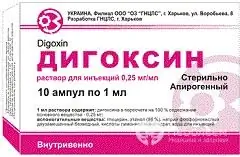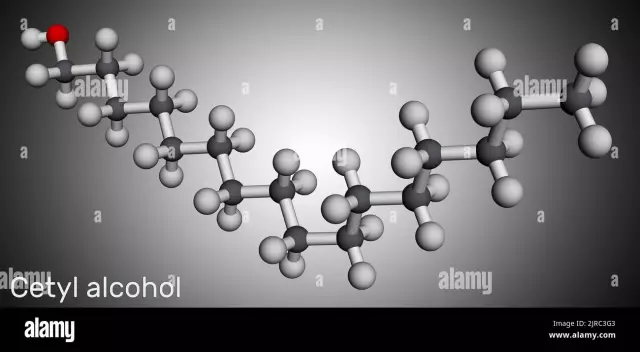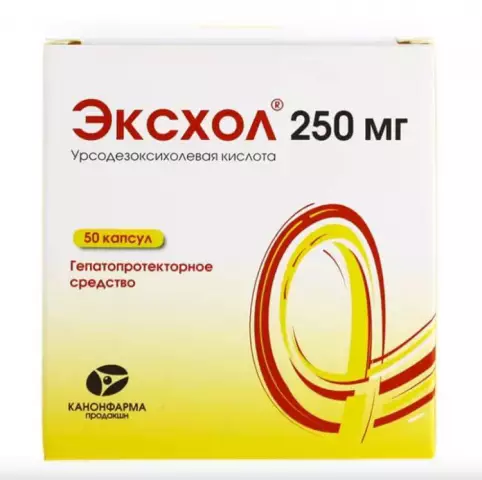- Author Rachel Wainwright wainwright@abchealthonline.com.
- Public 2023-12-15 07:39.
- Last modified 2025-11-02 20:14.
Digitalis
Instructions for use:
- 1. Useful properties
- 2. Application
- 3. Contraindications to use
Useful properties of digitalis

Purple foxglove is a plant from the norichnik family. Its unofficial names are: forest bell, forest bell, glove grass. Interest for medicine is not the catchy flowers of the foxglove, but its leaves. The plant is biennial and the leaves are harvested for therapeutic purposes only in the second year after planting. Foxglove flowers also appear in the second year of the plant's life, in summer. They can be purple, pink, white and yellow.
Digitalis leaves contain cardiac glycosides - substances that tone up the activity of the heart muscle, helping to eliminate arrhythmia: digoxin, lanatosides E, C, A, B, D, digitoxin, gitoxin, acetyldigitoxin, digotonin, purpureaglycosides A, B.
Application
Digoxin and lanatoside C are most active. Digitalis preparations, which include these glycosides, are used in medical practice to treat chronic and acute forms of circulatory failure, tachycardia, hypertension, coronary artery sclerosis, mitral valve disease, myocardial dystrophy, acute heart failure.
At the same time, such properties of digitalis are noted: it increases the power of cardiac output, lengthens diastole, reduces the excitability threshold of the conducting cardiac system, and increases the level of calcium in the plasma. All this stabilizes blood circulation in the myocardium and blood flow in the vessels. Digitalis purpurea glycosides accumulate in tissues, and therefore their therapeutic effect is long lasting. Such a property of digitalis was also noted - the saponins and digitonin included in its composition increase the absorption of other glycosides taken by the patient.
The pharmaceutical industry produces the following digitalis preparations: tablets containing dry leaf concentrate, dried leaf powder, leaf infusion, tablets Gitoxin, Digitoxin, Cordigit, solutions and tablets Digoxin and Celanid.

Medicines based on foxglove purpurea Celanide and Digoxin act quickly, and therefore can be used in acute cases. To stop an attack, glycosides are administered intravenously, and tablets are prescribed to treat chronic forms of heart disease. After intravenous administration, the cardiotonic properties of foxglove appear after 15-30 minutes, and when taken orally - after 1.5-2 hours after taking the tablets.
Contraindications to the use of digitalis
Digitalis is a poisonous plant with a number of serious side effects, therefore it is not recommended to use its leaves on your own, at home. It is possible to grow digitalis flowers in personal plots only for decorative purposes.
Digitalis preparations can be taken only under the supervision of a cardiologist in a hospital - due to improper dosage of the drug, poisoning may occur.
Symptoms of digitalis poisoning: decreased heart rate, shortness of breath, decreased urination frequency, nausea, irregular heartbeat, diarrhea, headache, dizziness, blue lips, choking, severe body pain, trembling, hallucinations, convulsions, mental disorder. A lethal dose is 2.25 g of foxglove.
Treatment of poisoning begins with immediate cleaning of the intestines, stomach, intake of activated carbon or other sorbent. Be sure to seek medical help. Typically, patients admitted with digitalis poisoning are prescribed caffeine, atropine, potassium chloride, and unitiol.
Digitalis is contraindicated in: acute infarction, complete atrioventricular blockade and other manifestations of severe bradyarrhythmia, active rheumatic heart disease, aortic valve stenosis, endocarditis, compensated heart defects.
Information about the drug is generalized, provided for informational purposes only and does not replace the official instructions. Self-medication is hazardous to health!






